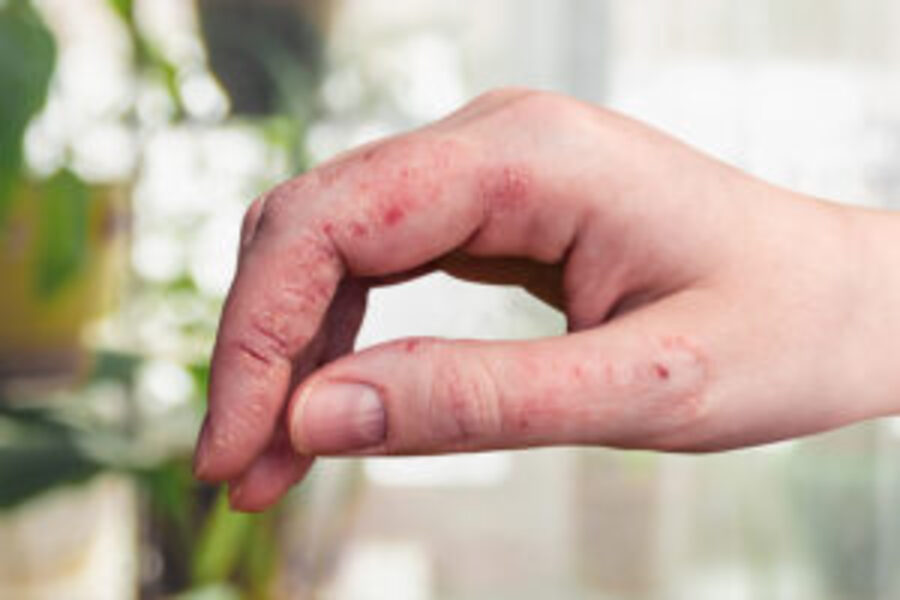
There are millions of people around the world suffering from the chronic skin disease called Psoriasis. It is characterized by bumpy red itchy and scaly patches on the skin. It can grow anywhere in your body but mostly grows on the scalp, elbows, knees and lower back. Psoriasis cannot be passed from person to person but it does sometimes happen in members of the same family. Although Psoriasis can be a lifelong disease, there are effective treatment approaches available to manage the symptoms and improve the quality of life for those who are affected.
Understanding Psoriasis
Psoriasis occurs when the immune system mistakenly attacks healthy skin cells, causing its overproduction. They rapid growth leads to the buildup to thick, scaly patches on the skin’s surface. Although the precise etiology of psoriasis is not yet known, a mix of genetic and environmental factors is thought to be responsible.
Types of Psoriasis:
There are several types of psoriasis
- Plaque psoriasis: This is the most common form of psoriasis, characterized by raised, red patches covered with white or silver scales mainly on the palm of your hand and soles of the feet.
- Guttate psoriasis: This is often triggered by bacteria or viral infection. Skin lesions that resemble little dots are the symbols of guttate psoriasis. This can even harm your respiratory organs which can lead to tonsillitis and strep throat.
Inverse psoriasis: This type affects the skin folds, such as the armpits, groins and under the breast. It causes smooth, red patches of inflamed skin.
- Pustular psoriasis: This less common form results in pus- filled blisters surround the red skin.
- Erythrodermic psoriasis: This causes discoloration, peeling, and itching of skin. This is mainly trigged due to bad sun burn.
Effective treatment approaches: While psoriasis cannot be cured completely, various treatments can effectively manage its symptoms. Here are some commonly used approaches:
- Phototherapy: This procedure involves exposing the skin to small doses of either artificial or natural ultraviolet radiation. Inflammation can be decreased and the fast skin cell development can be slowed down by phototherapy.
- Topical treatments: These are creams, ointment or lotions applied directly to the affected areas. They can reduce the inflammation, itching, and scaling. Examples include- vitamin d analogs, corticosteroids and retinoids.
- Systemic medication: There are oral or intravenous medicines available which can be provided to suppress the immune system and lessen symptoms in mild to severe instances. These drugs include biologics, cyclosporine, and methotrexate.
- Lifestyle changes: Certain lifestyle changes modifications can help manage psoriasis. People suffering from psoriasis should maintain a healthy weight, avoid smoking and excessive consumption of alcohol, manage stress level and protect the skin from injuries and infections.
While psoriasis can be challenging condition to manage but there are effective treatment approaches available to alleviate its symptoms and improve the quality of life. In addition to reducing the risk of other health disorders like heart disease, obesity, diabetes, and depression, treating psoriasis can assist with symptoms.
If you are experiencing the symptoms of psoriasis, consult a healthcare professional for a proper diagnosis and personalized treatment plan.
